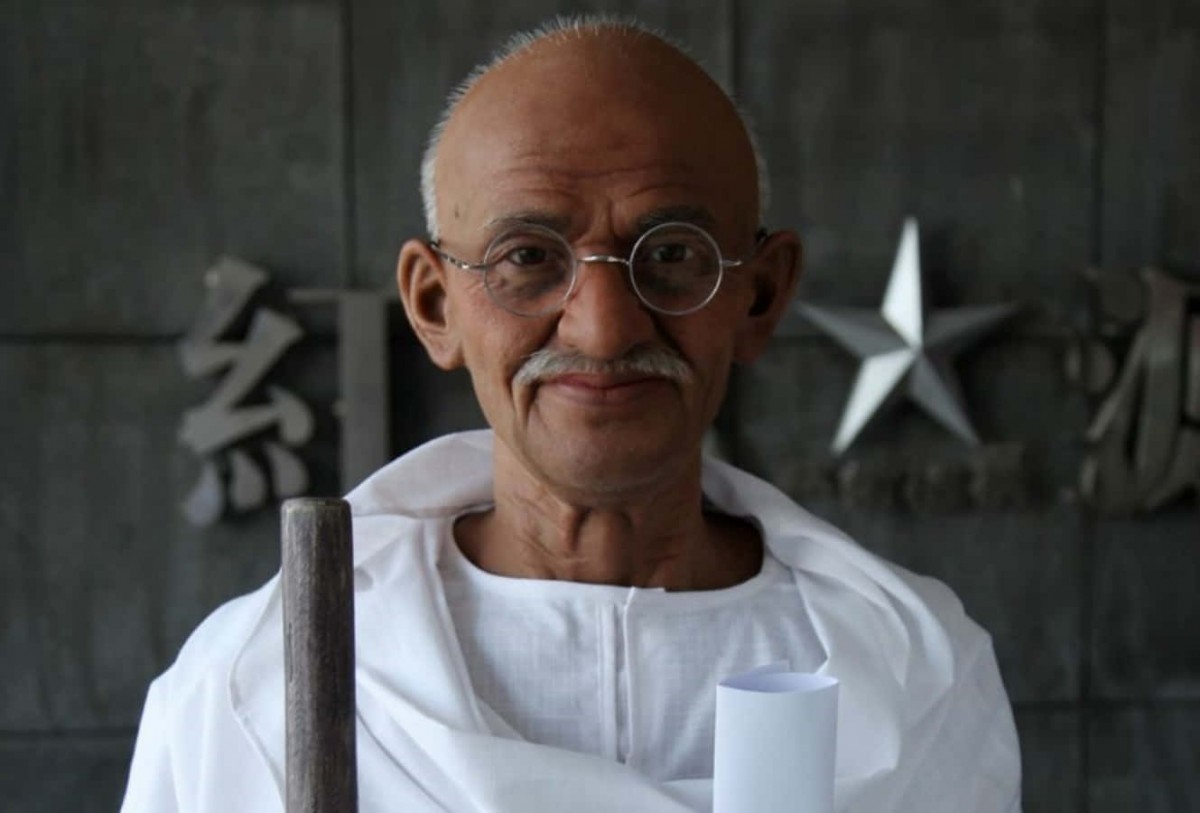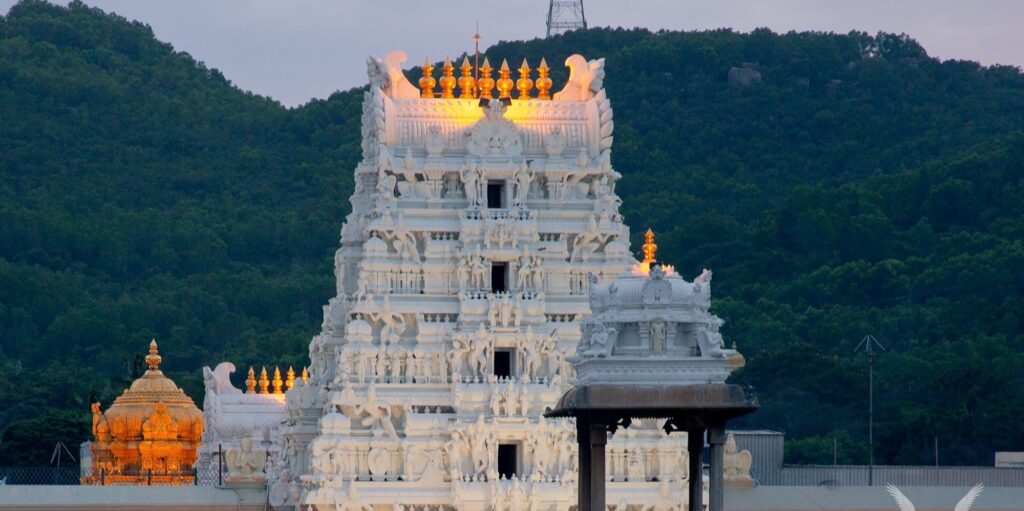Martyrs’ Day, observed on January 30th, is a solemn occasion that pays tribute to those who sacrificed their lives for the cause of freedom and justice. On this day, we remember and honor the selfless individuals who stood against oppression, embodying the principles of non-violence and righteousness. One such luminary figure is Mahatma Gandhi, whose life and teachings continue to inspire generations.
Gandhi’s Commitment to Non-Violence:
Mahatma Gandhi, the leader of the Indian independence movement, played a pivotal role in India’s struggle for freedom from British rule. His philosophy of non-violence, or “ahimsa,” became the cornerstone of his approach to achieving social and political change. Gandhi firmly believed that true strength lay not in physical force but in the power of truth and love. His commitment to non-violence was unwavering, even in the face of extreme adversity.
Also Read: Navigating the Intricacies of Advanced Business Terminology
Satyagraha – The Force of Truth:
Gandhi’s methodology for peaceful resistance, known as “Satyagraha,” emphasized the pursuit of truth and justice through non-violent means. He encouraged individuals to confront injustice with courage, relying on the moral force of truth to bring about change. Through acts of civil disobedience, such as the Salt March and the Quit India Movement, Gandhi demonstrated the transformative potential of non-violent protest.
Martyrdom for a Noble Cause:
On the fateful day of January 30, 1948, Mahatma Gandhi fell victim to an assassin’s bullet. His assassination shocked the world, but the legacy of his teachings endured. Gandhi’s martyrdom symbolizes the ultimate sacrifice for a noble cause – the cause of freedom, equality, and peace. His life was not just a struggle against British colonialism but a broader mission for social harmony and human dignity.
Also Read: Unveiling the Tapestry of India’s Newspaper Press
Gandhi’s Relevance Today:
As we commemorate Martyrs’ Day, it is essential to reflect on Gandhi’s relevance in the contemporary world. His principles of non-violence, tolerance, and communal harmony remain pertinent in addressing global challenges. In an era marked by conflicts and divisions, Gandhi’s teachings offer a timeless guide for building a more compassionate and just society.
On this Martyrs’ Day, let us remember Mahatma Gandhi not only as a historical figure but as a beacon of light whose legacy transcends time. His unwavering commitment to non-violence and justice serves as a reminder that even in the face of adversity, the path of righteousness and truth can lead to profound and lasting change. As we pay homage to all martyrs, may we draw inspiration from Gandhi’s life and strive to create a world guided by the principles of peace, justice, and compassion.











